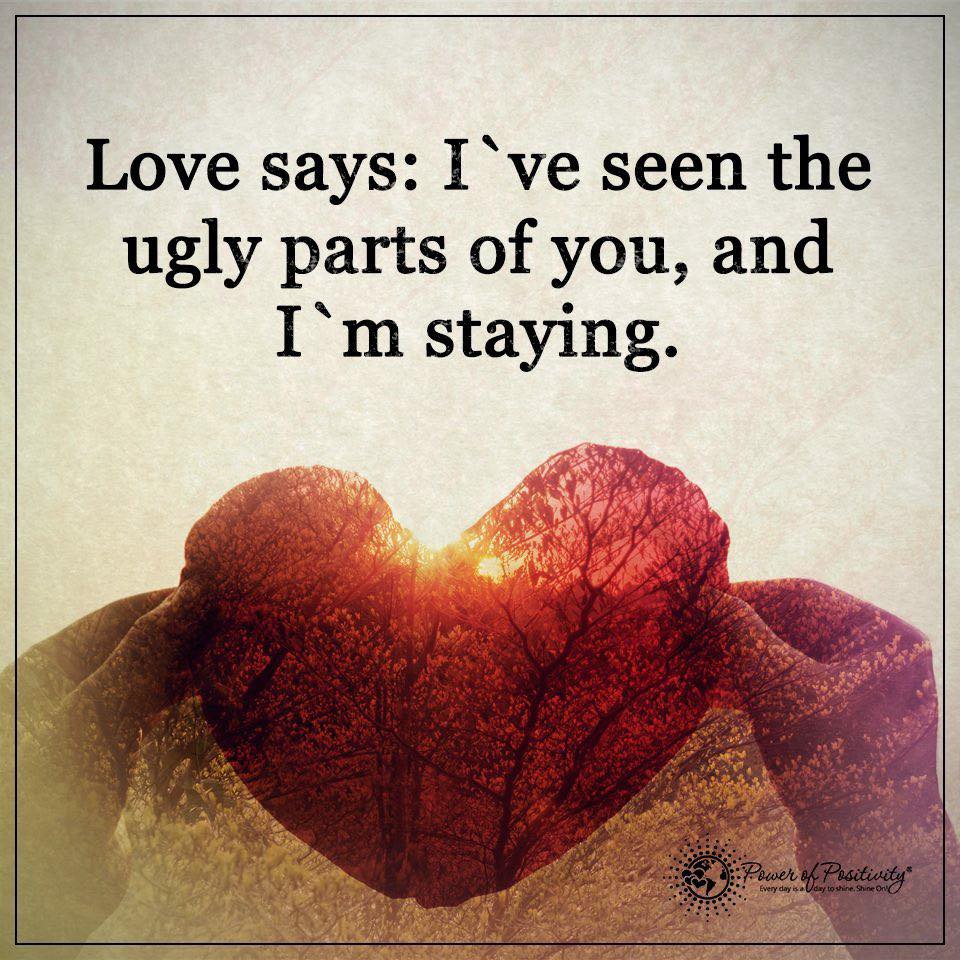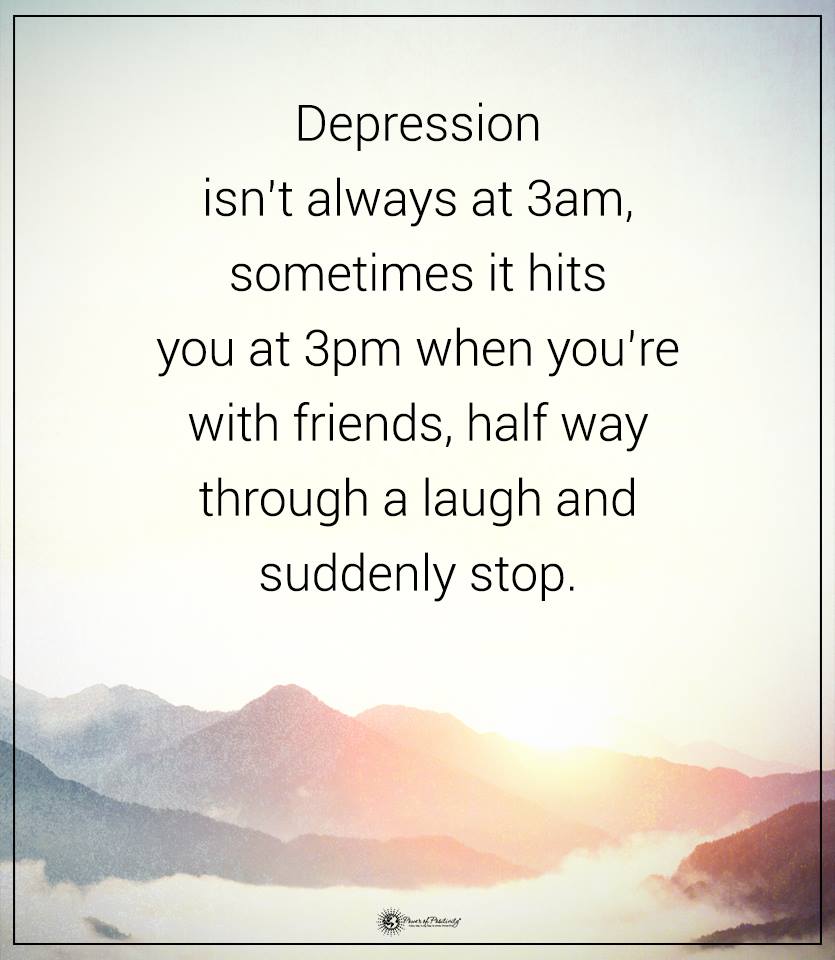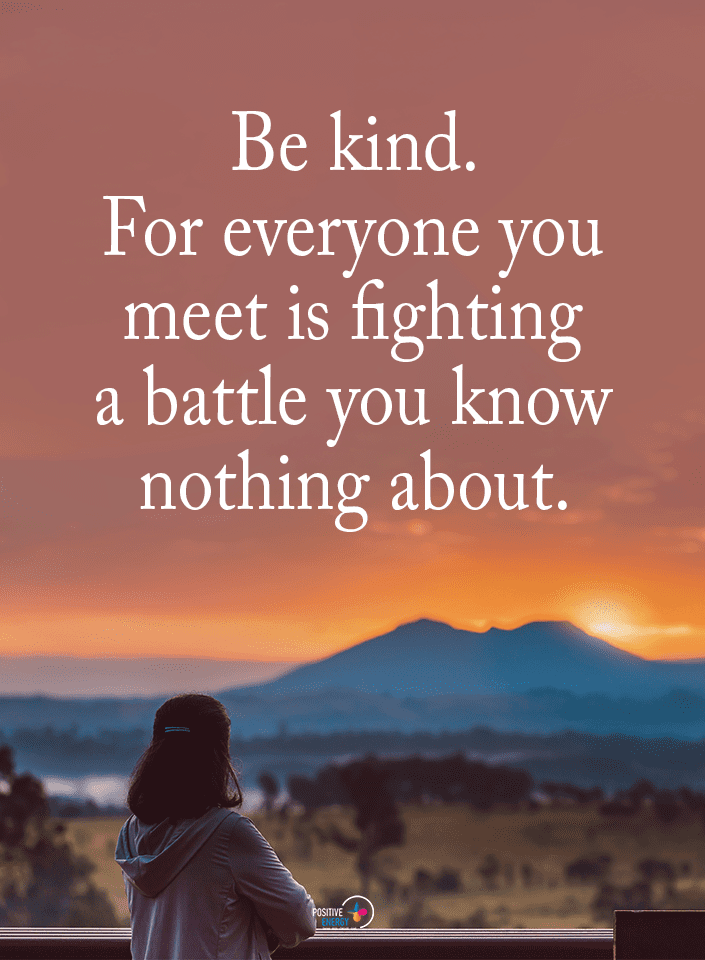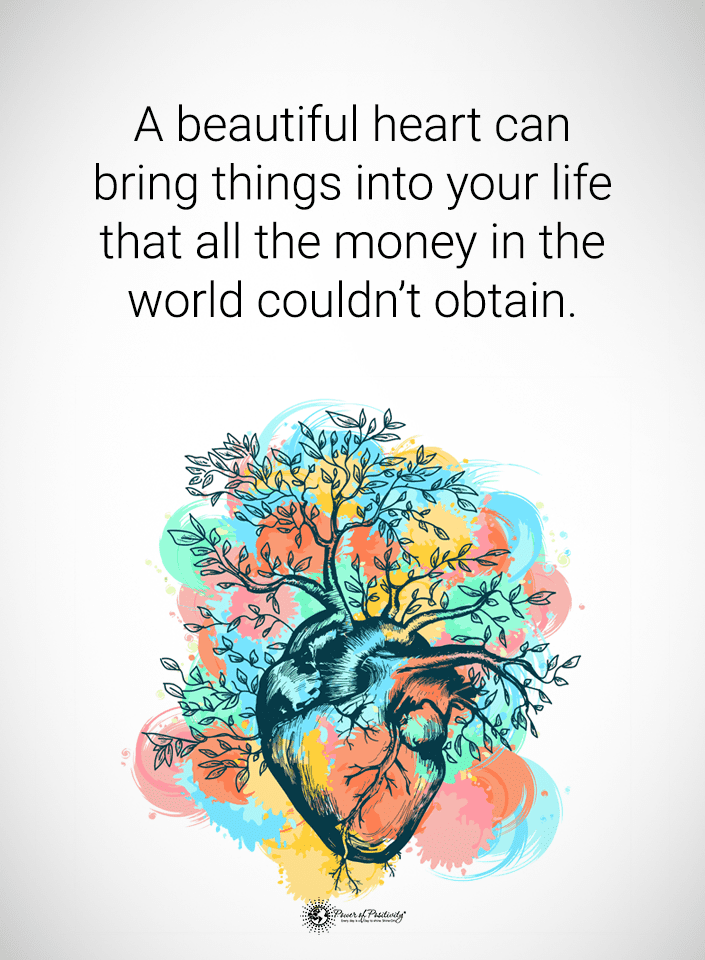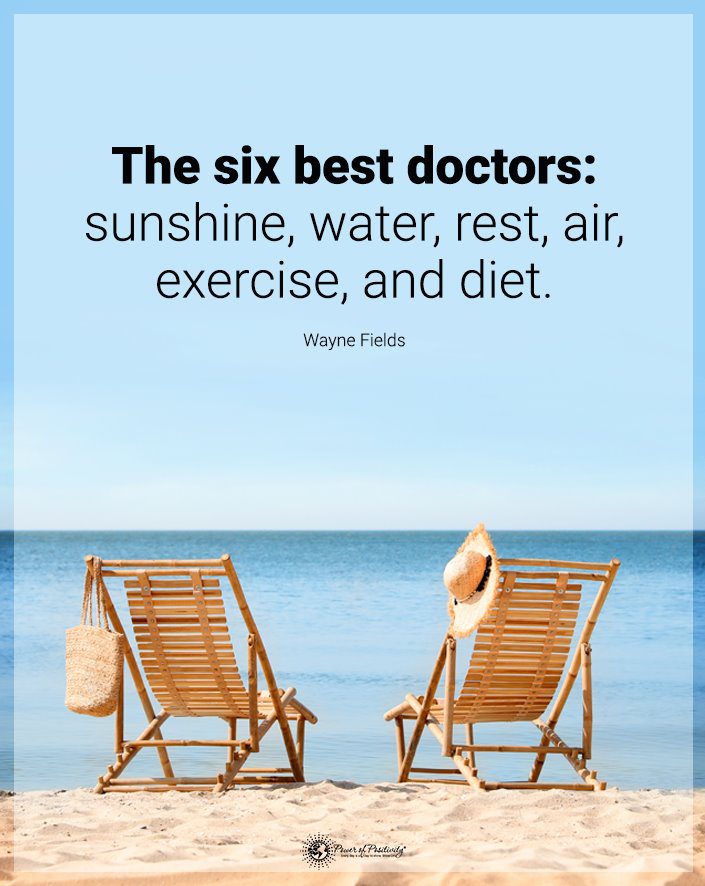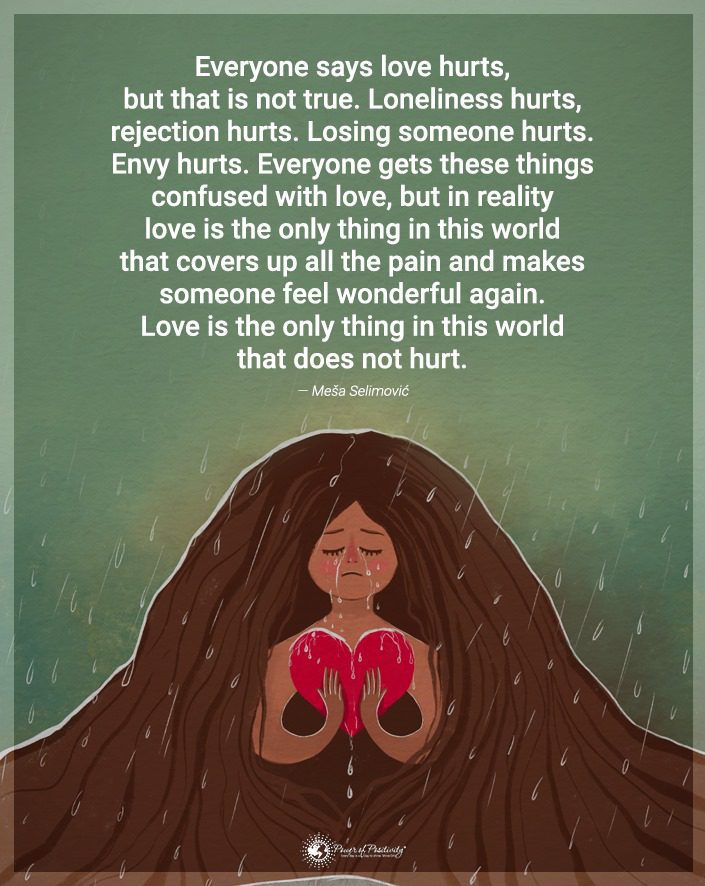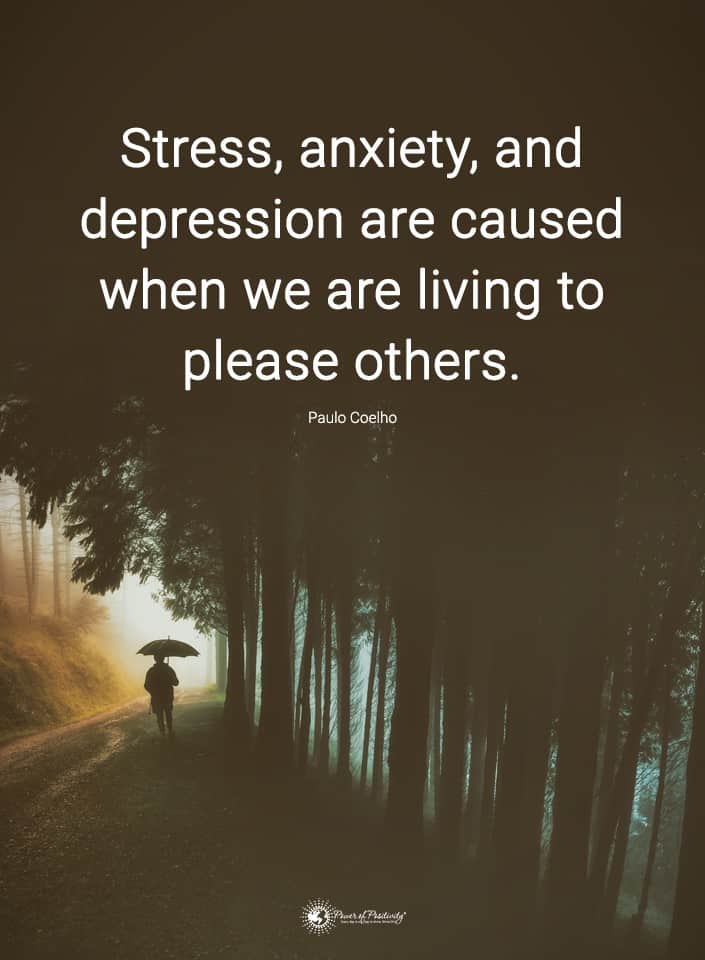Are you a hopeless romantic to believe in finding a soulmate, or does that make you a hopeful romantic? You have a yearning for finding your soulmate, that one person who will complete you, even if you haven’t yet met them. In some cases, you might have even met them already, but just need some signs you’ve found your twin flame.
We usually think of hopelessly romantic movies when we think about finding the perfect love. In fact, movies help us define our romantic ideals. In one study, researchers found that watching romantic movies significantly predicted that a person believed in a perfect mate for everyone. People who watched romantic comedies reported stronger beliefs in an ideal romantic partner than those who did not.
Another study showed that believing that one’s life partner was Mr. or Mrs. Right was associated with having a happier relationship. When participants’ beliefs about their relationships were challenged by the researchers, those who believed that their partner was their soulmate were more likely to express a relationship protecting thoughts than others.
If you are wondering if your life partner and you are kindred spirits who were meant to be, here are some signs that you’re right for each other alongside some of our favorite soulmate quotes.
6 SIGNS YOU’VE FOUND YOUR SOULMATE
1. YOU’LL NEVER BE THE SAME PERSON YOU WERE BEFORE YOU MET YOUR SOULMATE
“A true soulmate is probably the most important person you’ll ever meet, because they tear down your walls and smack you awake.” – Eat, Pray, Love
You experienced a major change in your identity when you met your partner. Maybe it was meeting the soulmate that inspired you to change. On the other hand, maybe you made a decision to be different because of them.
You used to have casual partners but that’s in the past now. You used to go out all night with your friends but you haven’t done that since finding your soulmate. Or perhaps you used to believe that you’d never change for someone, but now you can see why others become different when they’ve met their One.
2. YOUR SOULMATE MAKES YOU A BETTER PERSON
“You make me want to be a better man.” – As Good As It Gets
Among the other signs you’ve found your soulmate is that they challenge you to continuously improve yourself and the world around you. You both want the same things in life and you have inspiring, exciting plans for how you will contribute to future generations.
This doesn’t mean that your other half should always be a “better person” than you, rather than you both share core values that you help each other to achieve. Additionally, you share a mutual feeling that you constantly want to be and do better for the other person.
3. YOUR CONNECTION TO YOUR SOULMATE IS MORE THAN PHYSICAL
“You’re everything I never knew I always wanted” – Fools Rush In
When you think of your ideal partner, the one you have no problem calling “my soulmate,” you feel overwhelming love for them flowing through your own soul. You feel so full of love and joy that you have to express your feelings before they burst out of you. You have a soul connection, connecting with them on an intimate level that has little to do with sex, one of the surefire signs you’ve found your soulmate.
The sex is great, of course, because you respect each other and you can sense your soulmate’s needs. But beyond that, you are joined mentally and can share spiritually in deep, meaningful ways. Read our article on 5 Signs You’re in a Spiritually Intimate Relationship to learn more about these connections and find out more about soulmate relationship signs.
4. BEING APART ONLY MAKES THE REUNION BETTER
“I think I’d miss you even if we’d never met.” – The Wedding Date
Separation is not a problem for either of you. You trust each other to not stray out of the boundaries of the relationship while you’re apart, another one of the obvious signs you’ve found your soulmate. While time apart can be difficult for many soulmates, when you are experiencing true love, you may also appreciate the old adage that “absence makes the heart grow fonder.”
You also know that the pain and loneliness, while you’re apart, will only make you happier to see your soulmate again. Your reunion will make sparks fly because upon finding your soulmate, the world forever changed.
5. YOU FEEL LIKE YOU KNOW EVERYTHING ABOUT EACH OTHER
“What’s a soulmate?… It’s one person who knew you, accepted you and believed in you before anyone else did or when no one else would.” – Dawson’s Creek
Upon meeting your soulmate, it was as if you had known each other before. There was something familiar, and every thought you had about how to find your soulmate melted away when you saw the comfort and safety of home in their eyes. If you had a menu of the traits that you would ask for in a mate, you couldn’t have asked for more.
When one soul finds its match, the soul connection can feel so unreal that you wonder if you had a past life together and were reborn again to find each other once more. The fates must have aligned to bring you a love that was right for you, a surefire sign you’ve found your soulmate once again.
6. YOU MAKE A POWER COUPLE
“I want all of you, forever, you and me every day.” – The Notebook
Another one of the signs you’ve found your soulmate is that you are stronger with them than apart, and the two of you could conquer the world if you wanted to. Think of other inspiring power couples that you see in business, Hollywood, and politics. That’s you and the one you call “my soulmate.”
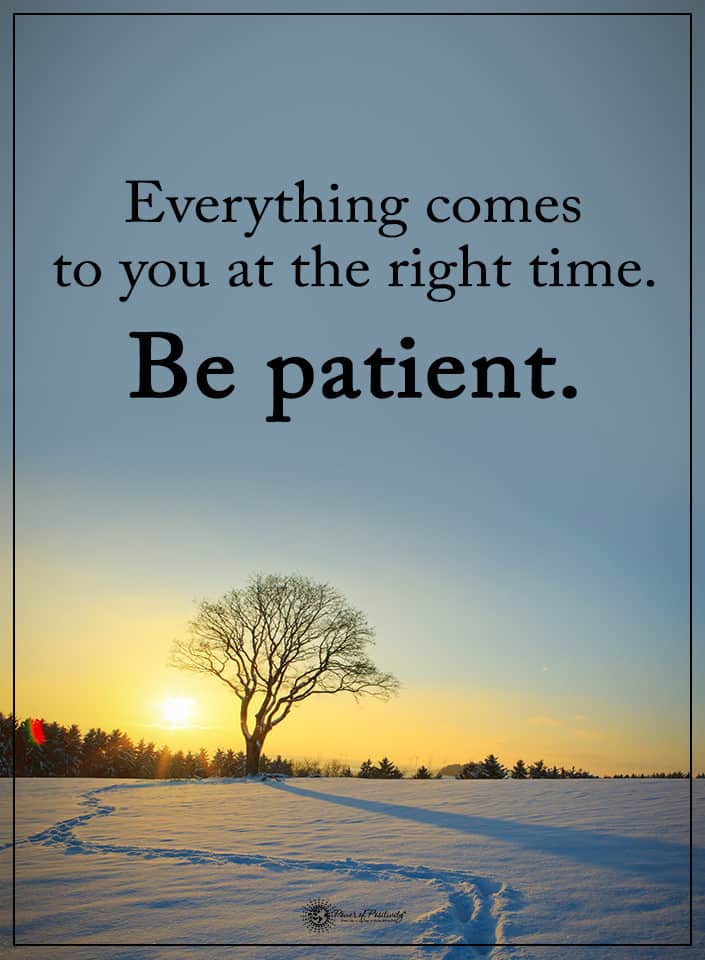 FINAL THOUGHTS ON RECOGNIZING YOUR SOULMATE
FINAL THOUGHTS ON RECOGNIZING YOUR SOULMATE
You can sense that you have an impact on others just by the display of intimate connection that you exude when you are in public. Your friends want to know where to find a soulmate like yours, and if your partner has a brother or sister who is single. They want what you’ve got, and why wouldn’t they? Finding a soulmate is a rare occurrence, but it feels like coming home, and that’s what everyone wants.
These are just a few of the signs that you may have already found your soulmate. And if you are yet to meet that special someone — don’t worry. Because like in any romantic comedy, they could be right around the corner! And when you do meet them, pay attention to these special signs that you may have found more than just a regular relationship. Because perhaps, then, you’ve found your one true soul connection.
The truth is, beyond love languages and soul connections, setting aside any implicit theories about what does and doesn’t make a true “soulmate,” the most important things in a relationship are happiness, communication, and perhaps a little bit of hard work. So take some time to enjoy your romantic movies and deep connections, but don’t forget to stay rooted in reality. Because you never know. Perhaps your one true soulmate was someone you knew all along.

